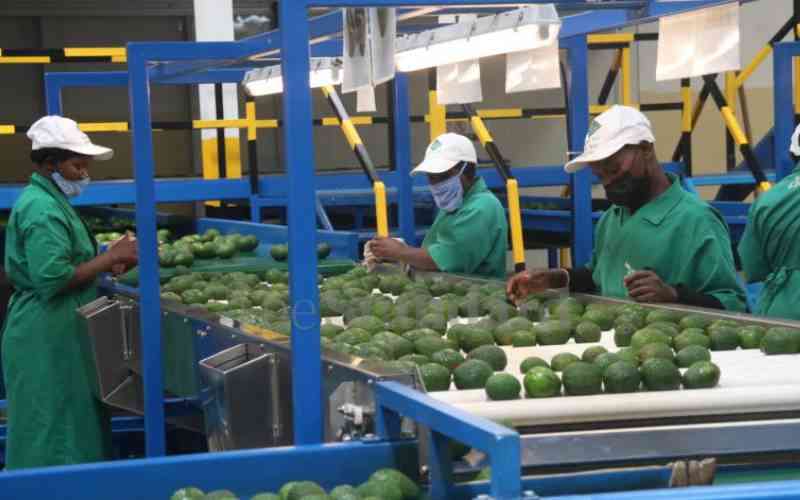×
The Standard e-Paper
Join Thousands Daily

Listed agricultural company Kakuzi will soon know whether its officials will face prosecution or financial sanctions when the taxman renders its verdict on a landmark transfer-pricing probe into the company.
The Kenya Revenue Authority (KRA) in August this year revealed it had launched investigations against Kakuzi over claims of paying less tax linked to its cross-border financial deals with its majority shareholder Camellia Plc.